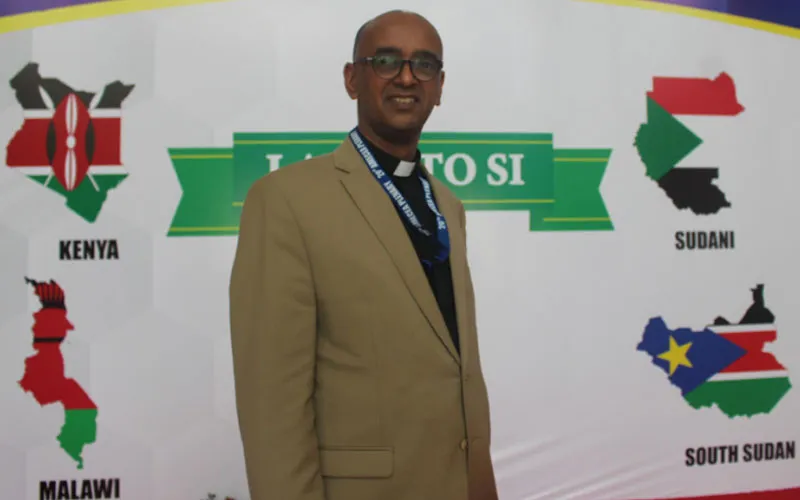Addis Ababa, 15 July, 2022 / 9:30 pm (ACI Africa).
Church leaders including Parish Priests and officials of the Justice and Peace departments have the responsibility to ensure that people receive all communication from the Holy Father, including the Encyclical Letters, an Ethiopian Catholic Priest who is attending the 20th Plenary Assembly of the Association of Member Episcopal Conferences in Eastern Africa (AMECEA) has said.
Fr. Abenet Abebe, the national Director of the Office of Family, Marriage, Laity and Youth of the Catholic Bishops’ Conference of Ethiopia (CBCE) said that Priests, in particular, should not have an excuse when the people under their pastoral care fail to get the messages of the Holy Father.
“As shepherds, we are supposed to share the messages that the Holy Father gives out to the Church. It is our obligation to keep the people updated with what the Pope is saying through his announcements and letters; if not for ourselves as Pastors, then for the ones we have been put in charge of,” Fr. Abenet said in a Wednesday, July 13 interview with ACI Africa.
Fr. Abenet made the remarks after it emerged that some Catholic Clergy and Religious were not aware that Pope Francis’ Encyclical Laudato Si’ existed, seven years into its unveiling.
In a study that was conducted by the Caritas and Justice and Peace departments of AMECEA, it emerged that 5 percent of Clergy in the AMECEA countries have no awareness of Pope Francis’ encyclical.








